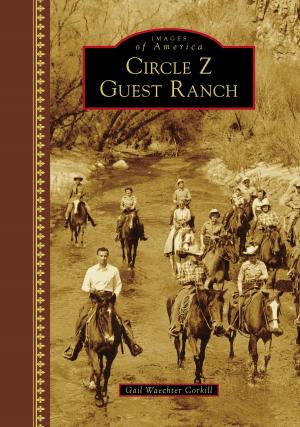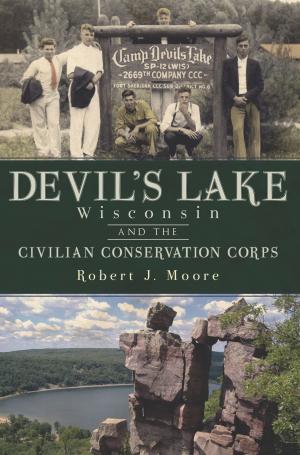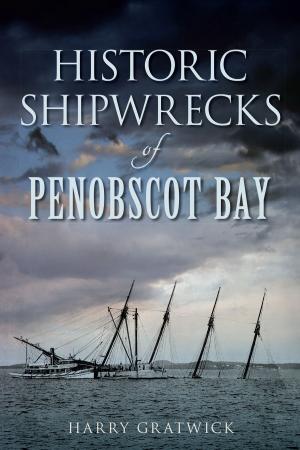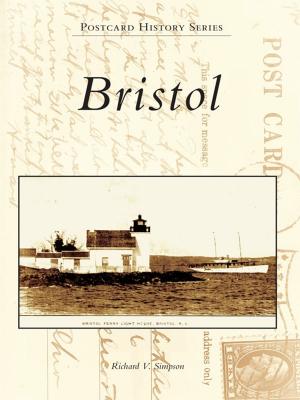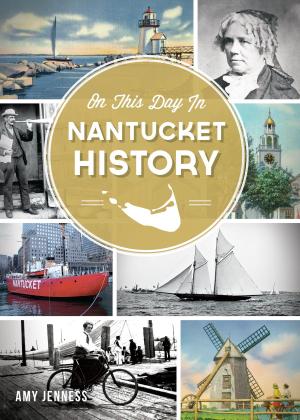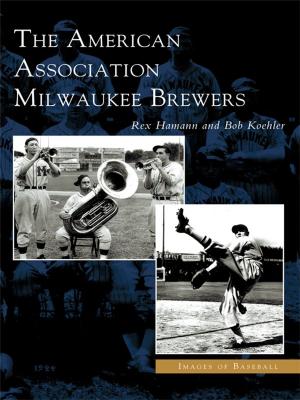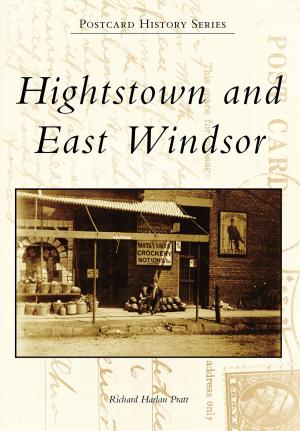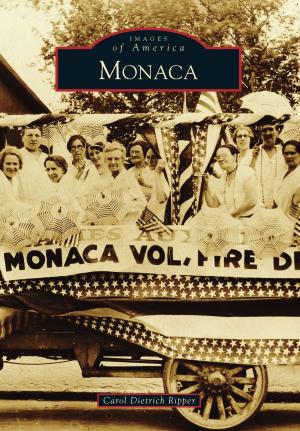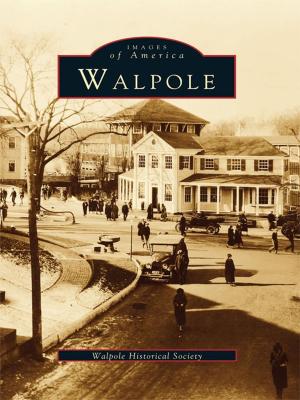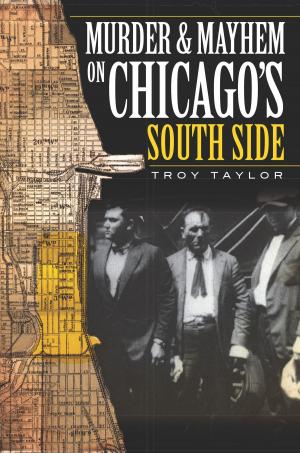Vilano and the North Beaches
Nonfiction, Travel, Pictorials, Art & Architecture, Photography, History| Author: | Vivian C. Browning, Sallie L. O’Hara, John T. Pilecki, Vilano Beach Main Street | ISBN: | 9781439652251 |
| Publisher: | Arcadia Publishing Inc. | Publication: | July 13, 2015 |
| Imprint: | Arcadia Publishing | Language: | English |
| Author: | Vivian C. Browning, Sallie L. O’Hara, John T. Pilecki, Vilano Beach Main Street |
| ISBN: | 9781439652251 |
| Publisher: | Arcadia Publishing Inc. |
| Publication: | July 13, 2015 |
| Imprint: | Arcadia Publishing |
| Language: | English |
Vilano and the North Beaches are perhaps most known as small, eclectic beach communities within sight of St. Augustine, the nation's oldest city. For centuries, people have flocked to this coastal playground by horse-drawn trolley, ferry, and more recently Florida's Coastal Highway, State Road A1A. They came for recreation, jobs, and sunny weather in the late 1800s, when Henry Flagler attracted Northerners to his "new and novel" hotels. Visitors were excited to learn the ocean was just across the bay. Tourism provided jobs for settlers, like the Minorcan, Usina, and Capo families, offering fun excursions. Nowhere else were horse-drawn trolleys delivering beachgoers across sand dunes to the sea. Like Ponce de León, who was smitten with the pristine beaches, the area's story is one of developing the land along an isolated coastline. Road and bridge construction after World War II encouraged migration as well as visitors to the beaches, fish camps, and Art Deco motor courts. This nostalgic 1950s look remains today, attracting those curious about the region's multicultural history.
Vilano and the North Beaches are perhaps most known as small, eclectic beach communities within sight of St. Augustine, the nation's oldest city. For centuries, people have flocked to this coastal playground by horse-drawn trolley, ferry, and more recently Florida's Coastal Highway, State Road A1A. They came for recreation, jobs, and sunny weather in the late 1800s, when Henry Flagler attracted Northerners to his "new and novel" hotels. Visitors were excited to learn the ocean was just across the bay. Tourism provided jobs for settlers, like the Minorcan, Usina, and Capo families, offering fun excursions. Nowhere else were horse-drawn trolleys delivering beachgoers across sand dunes to the sea. Like Ponce de León, who was smitten with the pristine beaches, the area's story is one of developing the land along an isolated coastline. Road and bridge construction after World War II encouraged migration as well as visitors to the beaches, fish camps, and Art Deco motor courts. This nostalgic 1950s look remains today, attracting those curious about the region's multicultural history.

